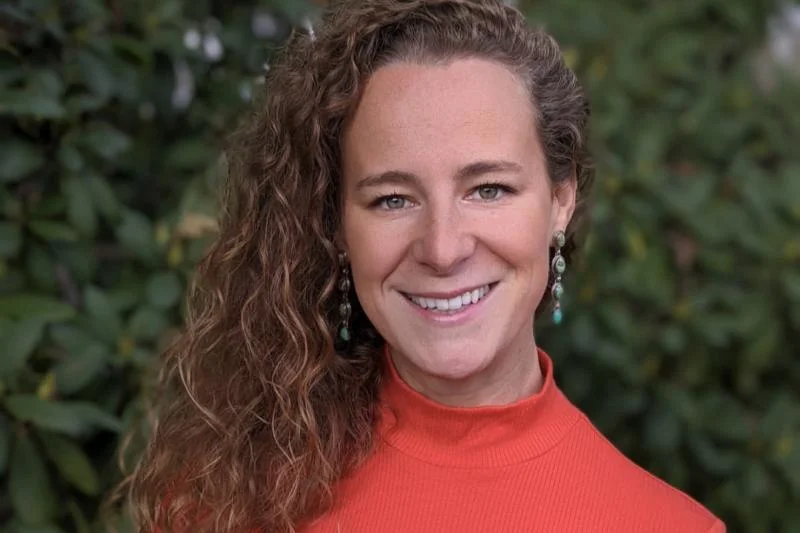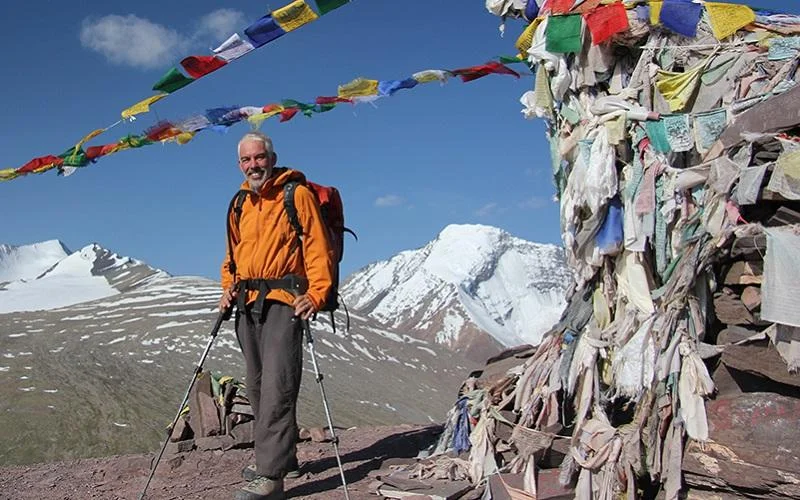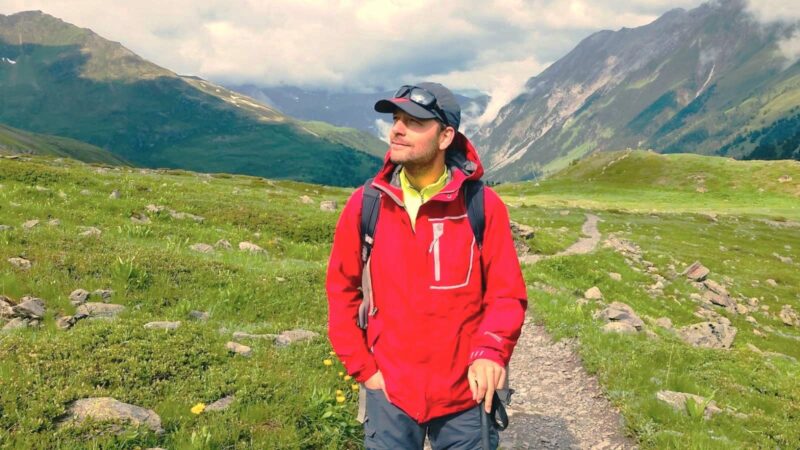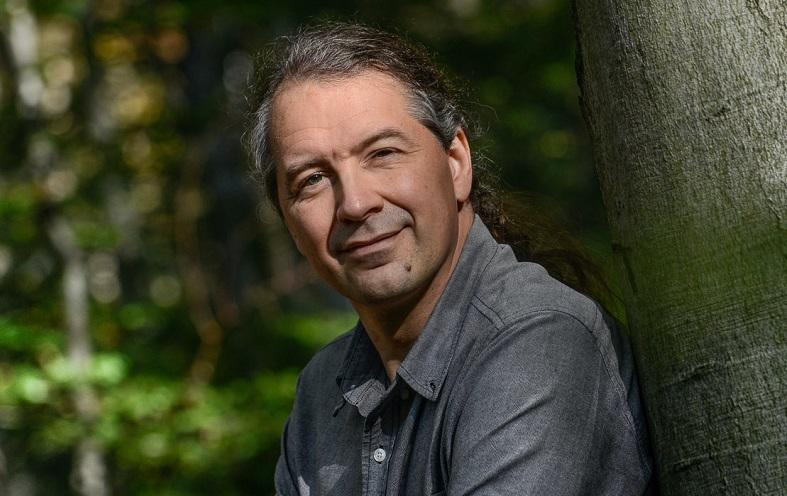
Today’s interview is with Tony Charters, Founding Director and long-time board member of Ecotourism Australia. Tony shares with us his views on the influence of social media on the adoption of sustainable business practices. He also discusses the importance of eco-certifications and why many of them fail, and how tourism can positively impact climate change. Drawing on almost 25 years of experience, Tony offers invaluable insight that you won’t want to miss.
Learn about:
- How social media can accelerate the adoption of good practices in tourism;
- What it takes for an Eco-certification scheme to be successful;
- How ecotourism can become a powerful tool to fight climate change;
- Whether ‘greenwashing’ is an issue in Australia;
- How eco-certifications can help businesses become more sustainable;
- The most critical aspects linked to sustainable tourism development;
- Success stories of how tourism can act as a positive force for change;
- Tony’s career advice to newcomers to the (sustainable) tourism industry.
Tony, you began your professional career as an environmental scientist and urban planner. How do these areas of expertise support your work today in sustainable tourism and planning?
I was in the second year’s intake at the newly established Griffith University in the late 70’s. At that time, ‘environmental science’ was seen by many as a ‘pseudo science’. And yet, time and time again over the years, the multi-disciplinary approach adopted in that undergraduate degree course proved to be extremely valuable and relevant.
To this day, this approach is so important – bringing specialists together, understanding their language and applying environmental science to tourism planning. Sustainable tourism and ecotourism rely on a light touch to the environment. Environmental science and protected area planning are a natural fit for this work.
Some tourism companies promote sustainable practices for publicity to attract customers rather than engage in real social and environmental work. In your experience, is such ‘greenwashing’ still on the rise, for example in Australia?
I think there are still elements of greenwashing, but this is not just an Australian thing – it is a global trait. The Eco Certification scheme in Australia, now 20 years in operation, was developed in part to enable consumers and industry distribution agencies to select operators who were taking their eco credentials seriously.
Fortunately, the consumer is becoming more knowledgeable about sustainability, but we still have a long way to go. Social media are accelerating the adoption of good practices. Transparent feedback through public reviews exposes bad (and good) practices very rapidly.
Your work has played a pivotal role in the development and implementation of various eco-certification programs. How important is it for a tourism business to obtain certifications such as Eco Certified in Australia?
Eco Certification was designed to be very instructional and transparent. It was also designed to be iterative and to recognize and reward the innovative practices of ecotourism operators. It was made to be both practical and affordable.
There have been many very pure and technically competent certification schemes that have come and gone, because they were not attuned to the practical and economic realities of running an ecotourism operation.
Competent certification schemes equip operators to develop more financially viable and environmentally sustainable businesses. We are seeing the benefits of Eco Certification throughout the industry in Australia. It is now common for 25-40% percent of the Australian Tourism Awards to go to Eco Certified operations across a myriad of award categories.
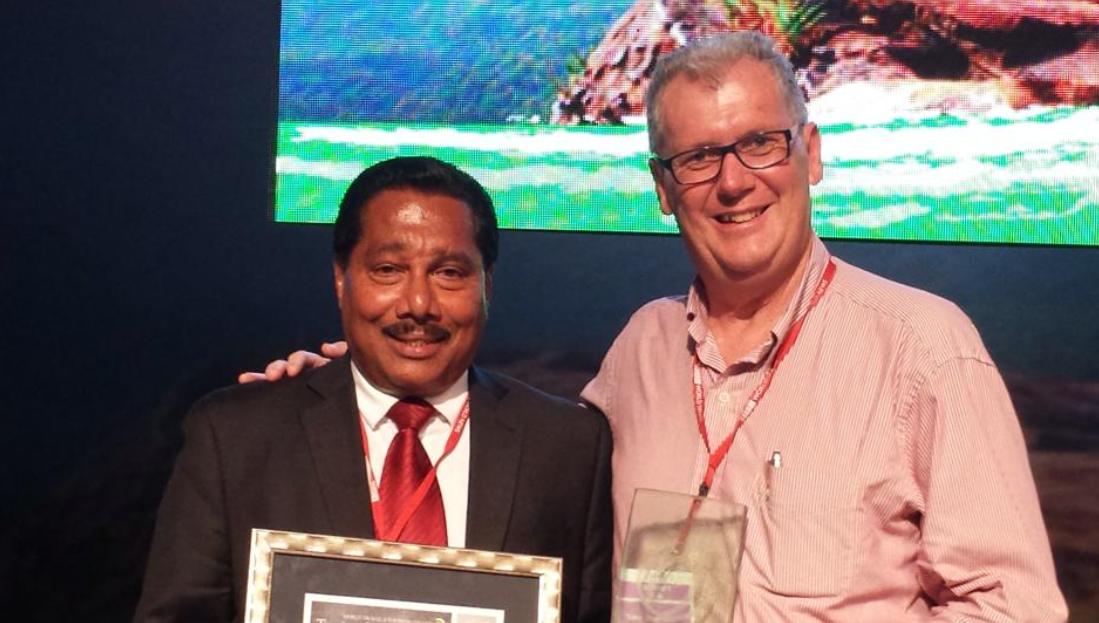
As a consultant, you provide innovative solutions for sustainable outcomes that address climate change. Which are the most critical aspects linked to sustainable tourism development that popular tourist destinations, such as Australia, need to tackle?
Without question in my mind, education and information about climate change are the most important things the tourism industry can contribute. The scale of the climate change problem is beyond the tourism industry’s capacity to significantly influence in a direct way – although it clearly has a role to play. However, in the field of education and interpretation, it can play a major role.
Many of the world’s most valued tourism destinations are being or will be damaged by the impacts of climate change. Whether this is from more frequent typhoons and cyclones, wildfire, coral bleaching, inundation, reduced snowfall, or other impacts, they affect a high proportion of our most valued tourism destinations.
The tourism industry can therefore play an important role in bringing the climate change mitigation story to travellers, encouraging them to live in a more sustainable way so as to give these amazing destinations a chance at survival. There is no more powerful way of getting these messages through than at the source.
Do you have any success stories you’d like to share that demonstrate how tourism can act as a positive force for change?
I am fortunate to be a finalist judge for two international tourism awards, the Tourism for Tomorrow Awards (WTTC) and the World Legacy Awards (National Geographic and ITB). Having been in that role for over 10 years has given me a unique insight into hundreds of outstanding examples of ecotourism as a force of good for communities, economic development and, importantly, the personal growth of travellers.
I recommend going to the websites of these two award programs to read the case studies of the finalists and winners – they are truly inspirational.
In reviewing the hundreds of applicants for awards over the years, it is very pleasing to note that inspiration and innovation come from operators of all scales: from micro enterprises to global brands and across all nations.
Because ecotourism focuses on what is different and unique about the nature and culture of a destination, it has the capacity to nurture diversity and tolerance to a level perhaps beyond any other form of tourism.
Having successfully engaged in sustainable tourism projects in Australia and internationally, what career advice would you offer to newcomers to the industry?
Understand that tourism is a business and that for it to succeed, it must be profitable. And try to get experience across both the private and public sectors. Having that broader experience has been invaluable to me over the years, as it helped me to see the perspectives and motivators of both sectors.
 As a Board Member of the new Asian Ecotourism Network (AEN), where do you see the Network’s greatest opportunity and benefits? And what are the potential risks?
As a Board Member of the new Asian Ecotourism Network (AEN), where do you see the Network’s greatest opportunity and benefits? And what are the potential risks?
AEN represents a very significant proportion of the world’s ecotourism industry through the nations represented on its Board and throughout its members and followers. Asia, including Asian Pacific nations such as Australia and New Zealand, has huge potential for ecotourism. The diversity of natural and cultural heritage in the region is extraordinary. The thirst for knowledge about building sustainable ecotourism ventures in this region is insatiable. AEN can help to spread an understanding of ecotourism to communities, start-up ventures and existing operators. Sharing knowledge and building networks is an invaluable role for AEN.
The major risk involved in setting up any new organisation is building viability. With the support of the board members and key supporters such as DASTA in Thailand, the viability of the organisation is very sound.
Thank you, Tony.
Connect with Tony Charters on LinkedIn or Twitter.
More information on Ecotourism Australia here.
Enjoyed our interview with Tony Charters of Ecotourism Australia on the impacts of sustainable tourism in Asia and the Asia-Pacific region? Share and spread the word!





